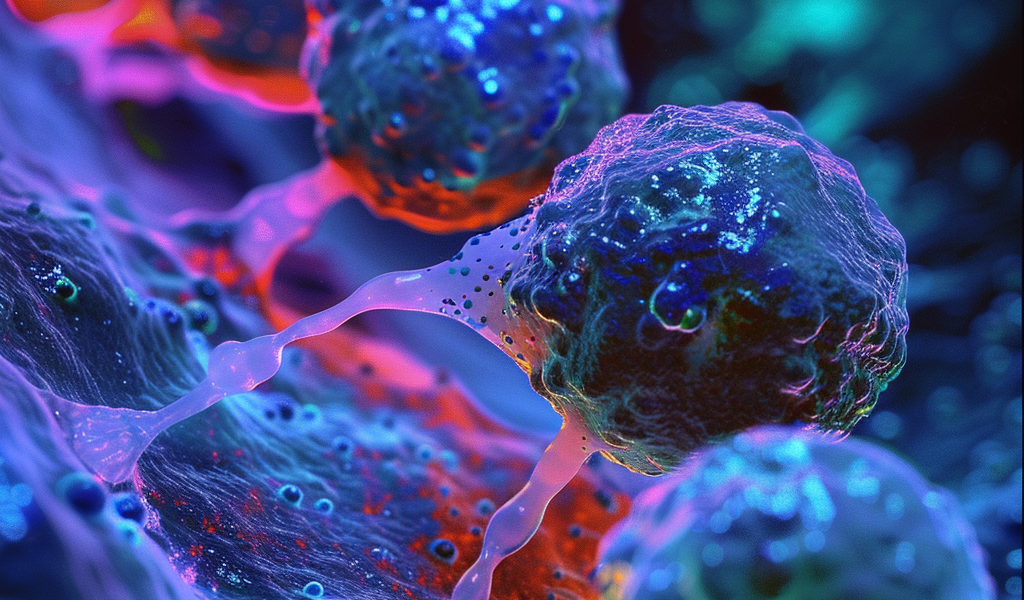Researchers at the Francis Crick Institute have made a significant breakthrough in understanding how cancer cells adapt to survive in low oxygen environments. The findings, published in The EMBO Journal, offer potential insights into preventing cancer cells from becoming resistant to therapy.
When cells are deprived of oxygen, they typically rely on a protein called HIF1α to adapt and continue producing energy through alternative processes. However, it takes around 24 hours for the relevant genes to produce proteins, leaving cells vulnerable during the initial period of oxygen deprivation.
The study revealed that within three hours of being cut off from oxygen, cancer cells increase glycolysis, a process that breaks down glucose to generate energy. This increase in glycolysis was found to be independent of HIF1α, indicating the involvement of other factors in supporting the immediate response to oxygen deprivation.
Further investigation uncovered the crucial role of two enzymes, LDHA and GOT1, in regulating the rate of glycolysis by producing NAD+, a molecule essential for the process. These enzymes were found to act as reserves in normal oxygen conditions, priming the cells to cope with sudden decreases in oxygen levels.
Additionally, the study demonstrated that GOT1 activity not only supports short-term glycolysis but also influences the long-term adaptation of cells to oxygen limitation by promoting robust HIF1α activity. This dual impact suggests potential implications for cancer treatment, particularly in targeting treatment-resistant cancer cells located deep within tumors with limited access to oxygen.





